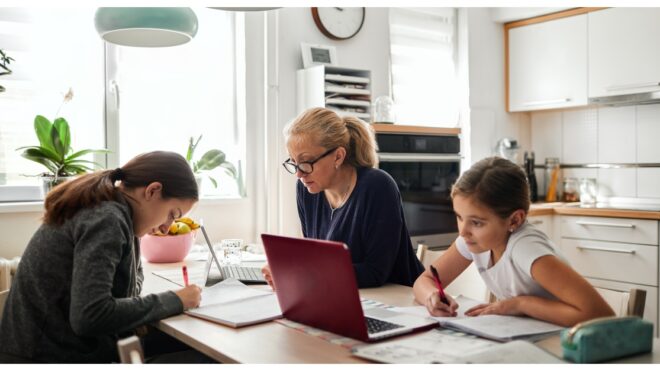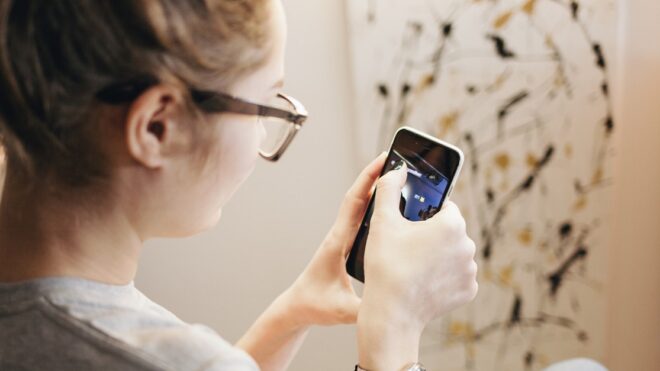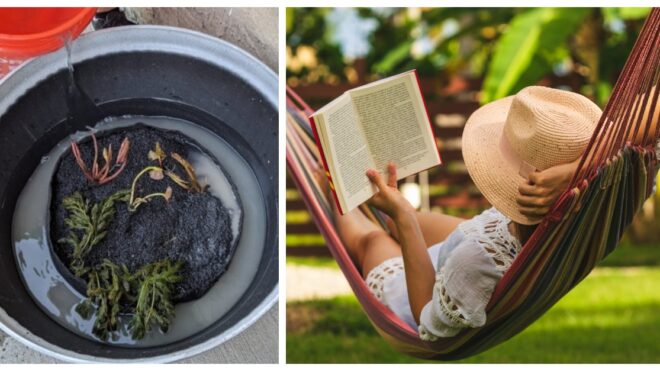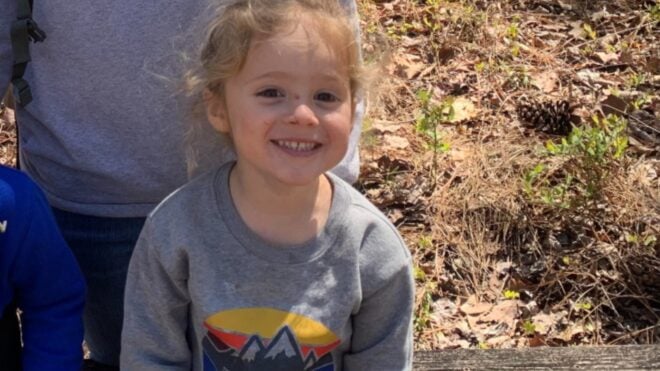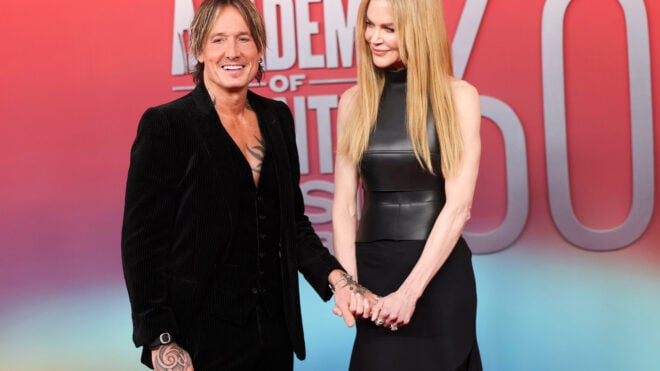
With COVID-19 cases on the rise, it's becoming clear that we won't be able to — and shouldn't — open our doors or spend the holidays with friends and family members who don't live with us. Dr. Anthony Fauci, my state's health commissioner, our school superintendent, and so many experts have advised and asked us to make sacrifices and adjustments to this year's holiday season. Small gatherings are perpetuating the length and danger of this pandemic, and if our holiday celebrations don't look different from years past, then we're putting ourselves and others at risk for contracting COVID-19. If we aren't making adjustments to our Thanksgiving, Christmas, or Hanukkah plans to accommodate the pandemic, then the plans we are making are wrong. We can't have the usual gatherings with the same friends and family members, and it stinks.
Yet many Americans are going to load up the car and travel across town or state lines to gather around the dinner table with other family members and friends from other locations. College students home for break are going to bring added risk to homes, too. People will hug, kiss, drink, and be merry and consequently add to the spike of COVID cases that we have seen after Halloween get-togethers.
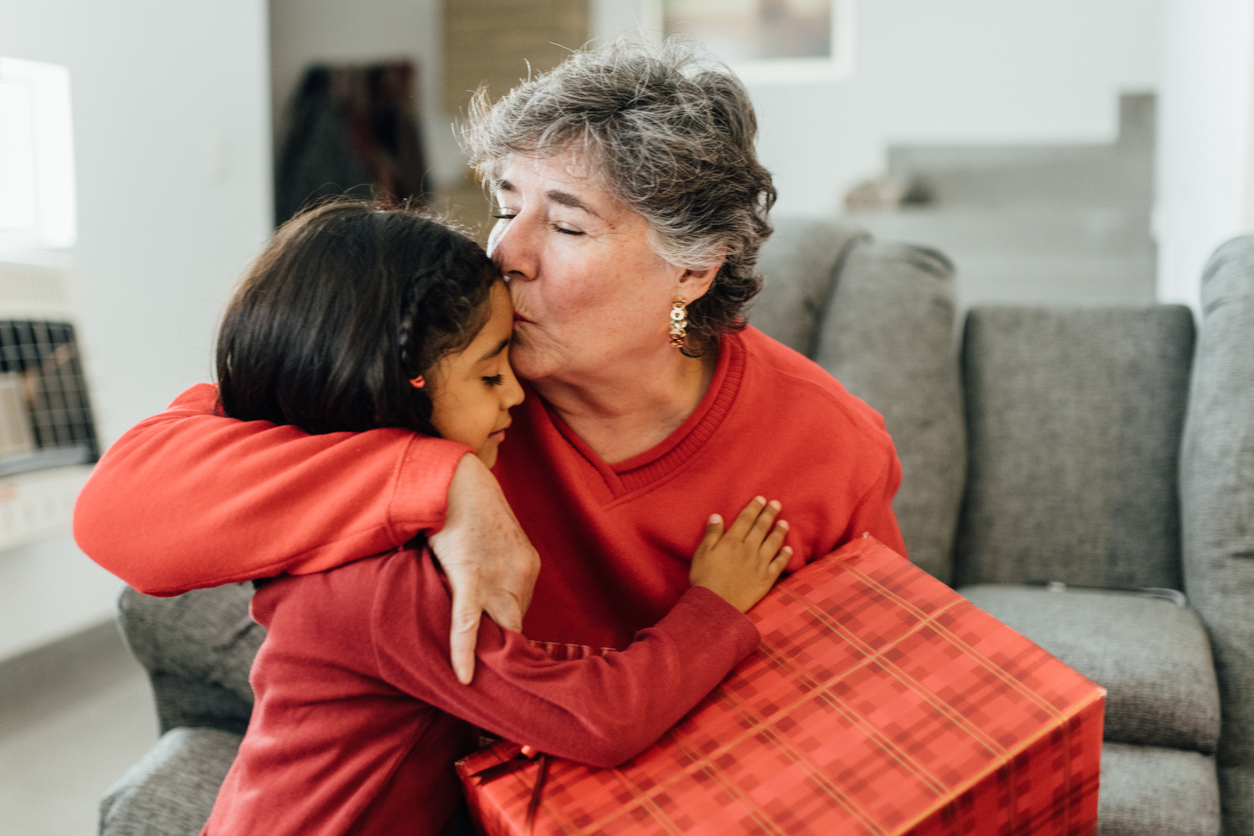
Canada saw positive cases increase after their Thanksgiving weekend. Add Black Friday and New Year's Eve to the mix as well as people's inability to restrain themselves from making tough choices, and we will continue to watch our death rate rise, because vigilance often drops when we are among people we know and love.
My friends are my chosen family. The surrogate aunties and cousins to my kids are just as important as blood relations to others. My friends are extra special because the bonds are not based on obligation or weird family drama and tension. Holidays often feel lonely for me because I spend time each season mourning what I don't have in terms of parents and grandparents for my kids, but surrounding myself and my kids with our village takes the sting out of the hurt.
Friends aren't just friends around the holidays, and I'm bracing myself for the sadness of not having chosen family around the dinner table this year. I will rally to make the most of the season for myself and my kids, but it's going to be hard to make these sacrifices. It will be extra painful to not see my long-distance partner over the holidays; we have seen each other 10 days in nine months, and we don't know when we will be together again.
I remind myself I am not the only one who is throwing mini pandemic-themed tantrums. I also know essential workers and folks who have lost loved ones are carrying more pain and stress than I am. I think of our teachers, who haven't asked much of us except to stay home so that our kids don't put them and their own families at risk; teachers are making sacrifices for their community in order to keep the schools open, and it's fair that they ask the community to do the same.
It all feels unfair, though, especially to those of us who have worked within the Centers for Disease Control and Prevention guidelines to reduce the transmission of the coronavirus. For those of us who have been making adjustments, wearing masks, and finding creative ways to socialize while maintaining social distancing, it feels like a punch in the gut to watch others carry on their lives after a quarter of a million Americans have died from COVID-19.
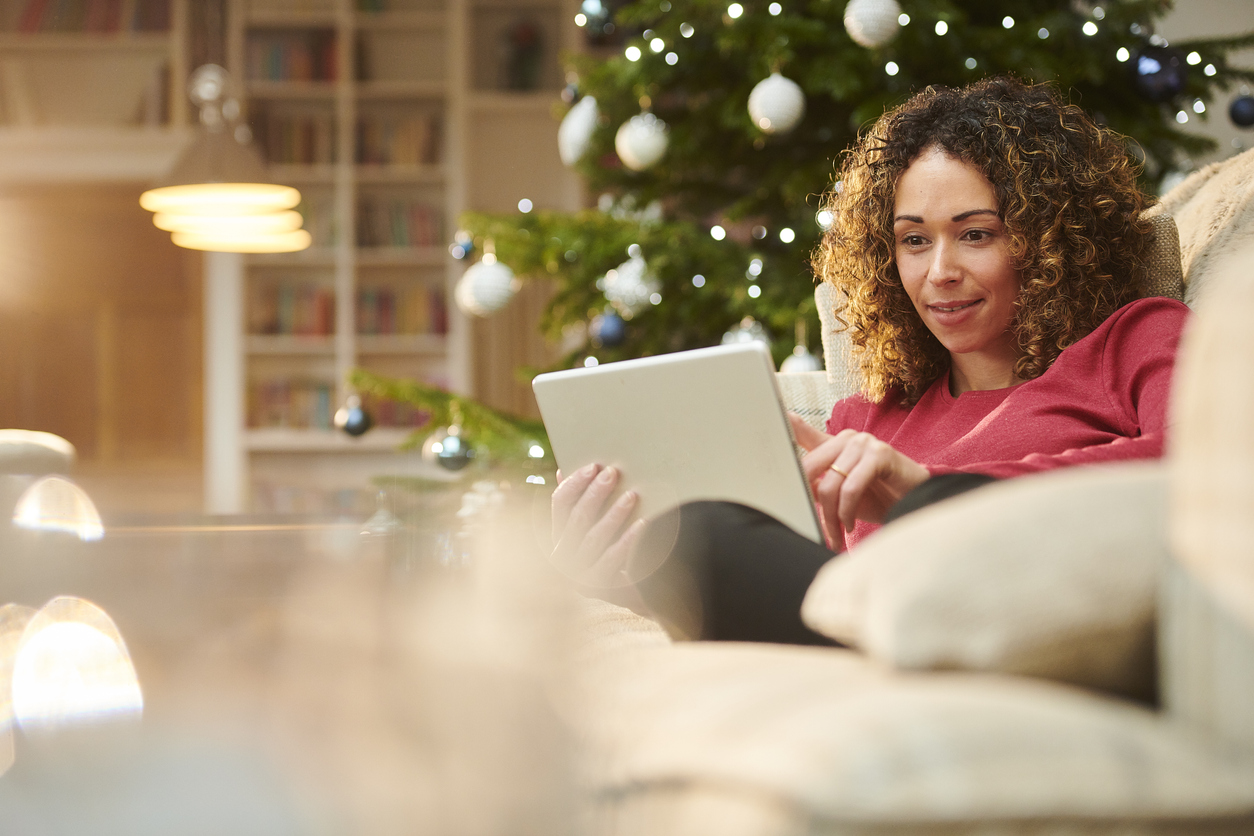
The CDC suggests that the lowest risk for celebrating the holidays is to limit it to people you live with. Turning dinner into a Zoom call, sharing recipes, or making a dish and delivering it to someone's door will hopefully add joy to the season while staying safe. For those who refuse to stay apart, outdoor and spaced-out meals with masks on faces when you aren't eating or drinking are safer than indoor meals.
The guidelines are clear that if you are inside, even with family members, you should limit contact, wear a mask, keep 6 feet apart, and designate only a couple of people to be allowed in the kitchen. Rather than passing dishes from one person to the next, it's best to let one person serve the food. The CDC also suggests you bring your own table settings. And stay home if you aren't feeling well or know you have been exposed to someone who has COVID-19.
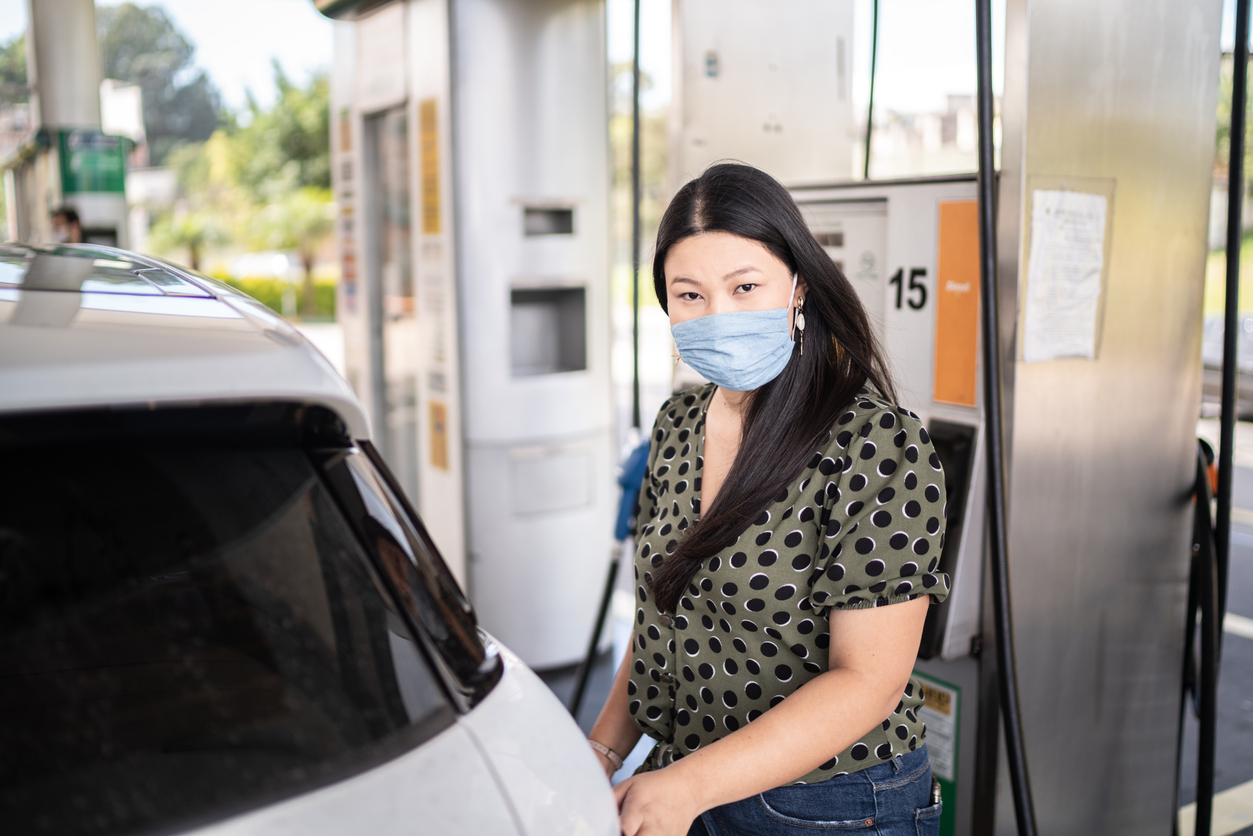
Anytime you are inside a home, rest stop, restaurant, or mode of public transportation for more than 15 minutes and are unknowingly exposed to someone with COVID-19, which is most likely the reality, your risk of becoming sick increases. That's one of the most dangerous aspects to this virus: You can be an asymptomatic carrier, maybe never get sick, and pass COVID-19 on to someone who is more susceptible and who could end up very sick or dead. While your family gathering may seem safe, when you disperse you put entire communities at risk. Some people will be OK with this risk, but I'm not, and I am tired of making decisions around other people's poor choices.
This year has been a dumpster fire, and we are all ready to have it put out, but in order to do that, we need to knock it off with the family dinners, small events, and refusal to wear masks — even during the holidays.

